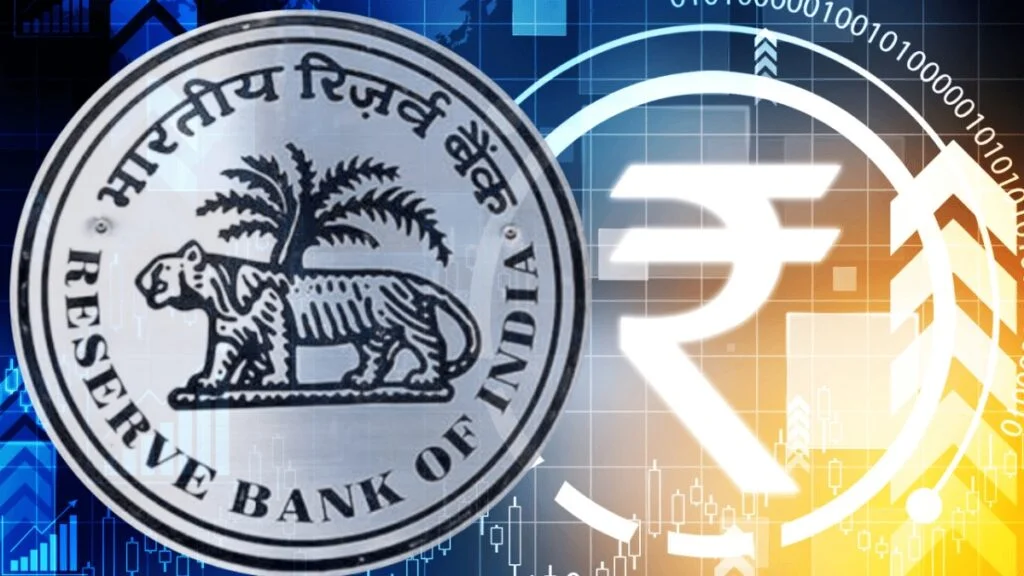The Reserve Bank of India (RBI) is endeavoring to broaden its cross-border payments platform, by incorporating new trading partners in the Asia and Middle East regions.

Bloomberg reports that India has already reached agreements with Bhutan, Nepal, and Sri Lanka and intends to include the United Arab Emirates (UAE) in its cross-border settlement program.
India is also investigating the potential of central bank digital currencies (CBDCs) to serve as the primary settlement mechanism for its cross-border payment solution.
The Reserve Bank of India’s CBDC is a bank-to-bank solution rather than a widely adopted consumer-facing central bank digital currency. Nevertheless, the bank has yet to specify a timeframe for the mass retail CBDC, and the CBDC could be expanded to encompass the majority of retail consumers in the future.
Diverse stages of CBDC development worldwide. Atlantic Council is the source.
Reserve Bank of India’s CBDC Development
Along with its fellow BRICS members, China and Russia, India remains one of the most prominent advocates for CBDCs globally. In 2020, India initiated an investigation into the potential of CBDC settlement. Subsequently, in 2022, the Reserve Bank of India initiated experimental programs to evaluate CBDC development.
Shaktikanta Das, the governor of the Reserve Bank of India, stated in February 2024 that the bank was developing offline solutions for the digital rupee to promote the use of the CBDC in the numerous rural regions of India that lack reliable online connectivity.
India’s digital rupee pilot program was declared to have amassed approximately 5 million users in August 2024. Shri Shaktikanta Das stated at the Global Conference on Digital Public Infrastructure and Emerging Technologies that there was no urgency to convert the digital rupee pilot program into a standardized, system-wide CBDC for the Indian populace.
Das also disclosed his intention to enhance the interoperability of sovereign CBDC schemes by implementing a “plug-and-play” system to facilitate efficient and seamless transactions between various systems during the conference.
Privacy advocates, human rights activists, and liberty-minded individuals have criticized the development of central bank digital currencies. Critics contend that the potential for government abuse and the hazards of centrally controlled digital ledgers outweigh any cost or efficiency advantages.
